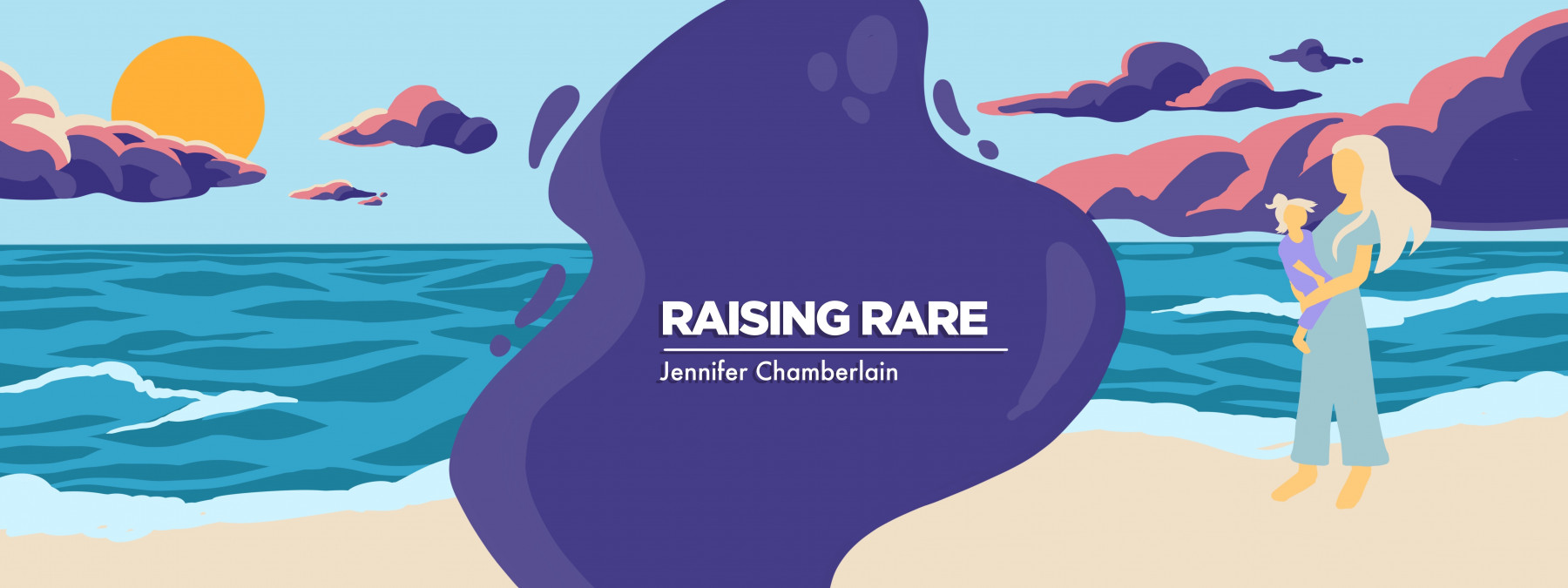I hate raising funds, but I do it anyway for cystic fibrosis
The duty, burden, and hope we feel when fundraising for care and a cure
Written by |

In the next two weeks, my goal is to raise thousands of dollars for the Cystic Fibrosis Foundation. I’ll hike 17 miles and host a Pilates fundraiser to try to reach this amount. These commitments are atop my already jam-packed schedule filled with school drop-offs and pickups, after-school activities, working, and caregiving.
Our family has raised funds every year since our daughter was diagnosed with cystic fibrosis. Yet every year, somehow, that seems to become harder and harder. I try to keep fundraising ideas and events new and fresh, but it can be hard to have the mental and physical motivation to do it all.
For me, it’s not about how much I raise. It’s about how people engage in the process, learn about the disease, and explore why there’s still a need to fundraise.
The necessity of fundraising
The world of cystic fibrosis has seen many advancements, but there are still gaps that necessitate fundraising support. In terms of drug development, for example, approximately 10% of people living with cystic fibrosis don’t have access to CFTR modulators.
Countless organizations are devoted to supporting people with the disease. The Cystic Fibrosis Foundation, for example, focuses largely on drug development, whereas other cystic fibrosis nonprofits, such as the Vivian Lee Foundation, support the ongoing, day-to-day needs of families affected by the disease.
Fundraising can often feel like a chore, but it continues to be a key focus of the foundation’s mission to support those living with the disease. I put my hopes and dreams for my daughter’s future into the uncertain fate of clinical trials, drug development, and care management. All of those rely, to an extent, on fundraising. That leads to my internalized pressure to support cystic fibrosis organizations financially.
A burnout phase
I wish people understood how difficult it is to have a child with a rare disease that has no cure. We can’t abandon the cause after a year or two; it’s our life until a cure is found.
We have to be vigilant in our pursuit, given that our children’s lives and well-being rely on raising funds and awareness. Sometimes that’s a lot of pressure. Sometimes friends or family decide not to participate or even acknowledge our tireless fundraising efforts. And sometimes that can feel demoralizing. Others get to move on, but we can’t because we’re still in this fight.
Further, asking for money can be incredibly awkward, even if it’s for a good cause and is tax deductible. The cost of living remains high, after all. And people may have other causes with which they feel a more personal connection; donating to cystic fibrosis may not be where they want to spend their hard-earned cash. As fundraisers, we have to convince them that the discoveries and advancements cannot lose momentum at this pivotal time.
Still, it can be hard to make people feel invested enough to want to give year after year.
Can we take a break?
An adult with cystic fibrosis once shared that she understood why people needed to take breaks from fundraising for a year or more. At the time, I couldn’t fathom ever taking a break. But here I am five years later, contemplating taking a break next year. I want to focus on reenergizing myself and celebrating my 10-year wedding anniversary without those looming fundraising tasks.
As cystic fibrosis caregivers and those living with the disease, we need to be able to give ourselves permission not to drain our tanks when they’re already empty. In fact, I think taking some time away from fundraising for mental health is actually a display of strength.
So during those years when we’re taking breaks for whatever reason, the rest of our community can carry us. Maybe next year those people will be the ones who need a break. I believe that our united community is mighty enough to carry us all to a cure someday.
Note: Cystic Fibrosis News Today is strictly a news and information website about the disease. It does not provide medical advice, diagnosis, or treatment. This content is not intended to be a substitute for professional medical advice, diagnosis, or treatment. Always seek the advice of your physician or other qualified health provider with any questions you may have regarding a medical condition. Never disregard professional medical advice or delay in seeking it because of something you have read on this website. The opinions expressed in this column are not those of Cystic Fibrosis News Today or its parent company, Bionews, and are intended to spark discussion about issues pertaining to cystic fibrosis.








Julie Anne Dick
Hi Jennifer, I think every single thing you've written has resonated with me. I find myself feeling the "yeeeees" every time I read your column! The burnout is catching up with me- like you, we've fundraised every year since my son's birth. He's seven, so eight years now. Thank you for putting so many of my thoughts into words when my brain is just too scattered to organize them. I don't know if it's possible to connect with you briefly? We have an upcoming long flight and any tips for travel ... I need them!